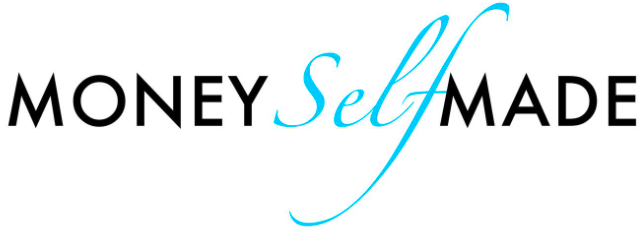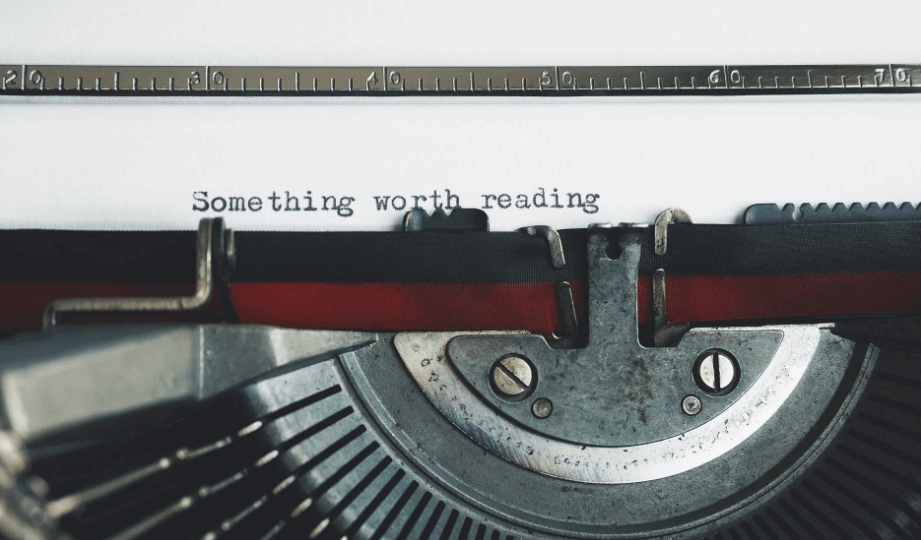Table of Contents
Do you have dreams of topping the best seller list? Or are you interested in finding out how you can make money as a writer? Find out how a book gets published in this excerpt below from ‘Welcome to the Writer’s Life‘ by award winning author Paulette Perhach.
Your Writing Business
When I found I was a writer at the age of sixteen, money was the last thing on my mind, but it shortly became the first. —MARGARET ATWOOD
To get paid as a writer, think like an entrepreneur.
In our final months of Peace Corps, my friend told me about a guy she wanted to date back home, saying, “He’s an artist, but he’s a hustling artist.”
“I wanna be a hustling artist,” I whined.
“You’re going to be a starving artist,” she said, giving me that look, the one that said that given how lazy and pouty I was being about it, I was headed only for ramen and living in my mom’s guest room.
But inside me, a voice protested. No, I’m going to be a hustling artist. I didn’t know how, but I knew that was the kind of writer I wanted to be.
Cue the starving-artist year.
Working temp jobs, near- constant negative bank balances, living in my mom’s guest room, renting basement sublets, and crashing on friends’ couches.
I knew I had to get better. Better at money, better at business. Better at writing.
When you go the nine-to-five route, you can often get away with mediocrity. But when you’re trying to live two lives at once, one that makes money and one that feeds your soul, you have to become a magician.
I finally scored a job at a tech company, where I wrote proposals worth millions of dollars. The requests I responded to said things like “Proposals arriving after the deadline will not be considered.” If I forgot to include a form or my math was wrong or I didn’t get it in the mail by the right day, I would be held responsible for the loss.
I studied how to avoid a six-figure mistake. I took online classes in how to manage my time to meet deadlines, how to juggle projects, and how to use Outlook to organize my day. In the evenings, I took writing classes at Hugo House, and on the weekends, I wrote at a coffee shop called Victrola. My steady paychecks were used to pay off $20,000 of student loans, credit card debt, and mom debt to set myself up to be a debt-free writer.
It felt like I had two identities: corporate Paulette and writer Paulette.
I was so impatient to just get to the writing part. While I took my job seriously, but mostly, I saw it as a time suck standing in the way of my writing career.
I had no idea that job was training me to be a professional writer.
My first national publication was won thanks to a sales tip I learned at work. During a seminar with all the salespeople, I heard that one key to sales is to keep the conversation going.
Later I sent in a story to an online magazine. The editor replied that she liked how it began but that then it seemed to lose its way. She was going to pass on this one, she said. I kept the conversation going, asking if she would consider a rewrite. She said yes and published the next draft.
I dropped down to a twenty-hour-a-week day job in 2015, then fully quit in 2016 after my bam got me steady freelancing work. While freelancing, I was managing my time to meet deadlines, juggling projects, and organizing my life with Outlook. I hadn’t left business but had started a business. My day job had prepared me to be a more professional writer than I would have otherwise been.
It just so happens that we here at Paulette, Writer, Inc. manufacture art. OK, so not always art. I just finished four thousand words on dishwashers. But it paid a month’s worth of my bills, buying me time for the art.
The better I get at the business end of it all, the closer I get to supporting the writing life I’ve always wanted.
Your dream will vary from mine, of course. Whatever your vision is for your writer’s life, in this chapter we’ll look at how to balance the money and the art to create the life you want.
The more you can think with a business mind while your art mind rests, the closer you can inch toward the writing life you picture for yourself.
You don’t have to (nor should you) quit your day job tomorrow. I think you should instead get damn good at your day job while you study how others make money writing.
Learn how to start treating yourself like a professional writer and increase the chances you’ll get treated (and paid) like one someday.
How a Book Gets Published
This cannot be emphasized enough: To get your book published, you must first write a wonderful book. This takes years of dedication to the craft. However, it’s useful for you to understand and prepare for the process you’ll be facing later if your goal is to write and publish a book.
Write a Book Proposal
A first-time novelist or poet has to write a whole book before trying to sell it. Nonfiction writers can usually sell their books on the basis of a proposal. I just completed a proposal that came out to ninety-five pages and took three months to finish.
Proposals include lists of competing titles, your author bio, a few sample chapters, an outline, and a marketing plan. Either way, the work has to be as crisp and error-free as you can possibly get it. Some people will pay a freelance editor to work with them before they submit their book to agents, to ensure that the writing is in sellable condition.
Find an Agent
After you’ve completed the book or proposal, the next step is to find an agent. Most people send a query letter, which is the sales pitch that introduces you and your work. To find agents to query, look at the authors with similar styles to yours. Then submit to their agents, whom they usually thank in the acknowledgments of their books.
You can also search the Poets & Writers agent database or check out the free version of Publishers Lunch.
Once an agent takes you on, they will contact editors at the publishing houses most appropriate for your work.
The “Big Five” publishers:
But thousands of smaller presses await authors of various genres and forms.
Getting a Book Deal Offer
If an editor at a publishing house likes your work, they will share it around the office. If the team agrees to go ahead, they will make an offer. This deal might include an advance against royalties, which is money you receive when the contract is signed, and is possibly the only money you’ll get.
Few writers “earn out” their advances. If they do, then they receive royalties as books sell. If they don’t, they don’t have to pay back their advance, which is why your publisher is taking a gamble on you.
Advances, Royalties, and Payouts: The Business of Book Publishing
Authors get to interview editors who have made offers, but agents negotiate the contract and take a commission of 15 percent of the advance and royalties. The work could also go to auction, which is fancy and often results in a six- figure deal.
For this book, I got an advance on the proposal, of which I received half when we signed the contract and half when I turned in the manuscript. If you get a fancy deal, the advance will often be paid out in thirds, with the last third on publication, or in quarters, with the last quarter on the publication date or even a year after.
How a Book Gets Edited Before Publishing
You will get some notes from the editor about possible changes to the manuscript or even a complete rewrite. After that, copyeditors will correct spelling, grammar, punctuation, capitalization, and word-usage errors. They will also apply consistent styling throughout a manuscript, ensure that sentences are clear and concise, point out timeline and continuity errors, and fact-check.
Design, Proof-Reading, and Marketing
The design team will create the cover and the interior layout. A proofreader will read through the designed book looking for design flaws in addition to any errors the copyeditor may have missed.
The editor will usually write the book-jacket copy, and the marketing team will work on getting the book in the seasonal catalog and creating a marketing plan.
Increasingly, it’s up to the author to lead the marketing campaign, including planning a book tour. The sales team from the publisher will determine how many copies to print. The publisher will handle the distribution and warehousing.
The process from completing the manuscript to seeing the finished book on the shelf in a bookstore usually takes a year or more.
Write a page: “Here’s my dream book deal . . .”
About The Author
Paulette Perhach is an award-winning freelance writer and writing coach. She’s landed work for New York Times, Elle, Slate, Cosmopolitan, Marie Claire, Yoga Journal, McSweeney’s Internet Tendency, and Vice, as well as clients such as Kirsten Jordan, the first female cast member of Million Dollar Listing New York.
She’s best known for writing the globally viral essay A Story of a Fuck Off Fund and for her book, Welcome to the Writer’s Life, which Poets & Writers selected for its list of Best Books for writers. She writes about business, personal finance, and craft at WelcomeToTheWritersLife.com, where she also offers her course Going Pro, a freelance writer’s launch pack.
Perhach is also the co-founder of daily writer’s practice community. You can write with her every morning through her meditation and free-writing group, called A Very Important Meeting , by signing up at AVeryImportantMeeting.com.



